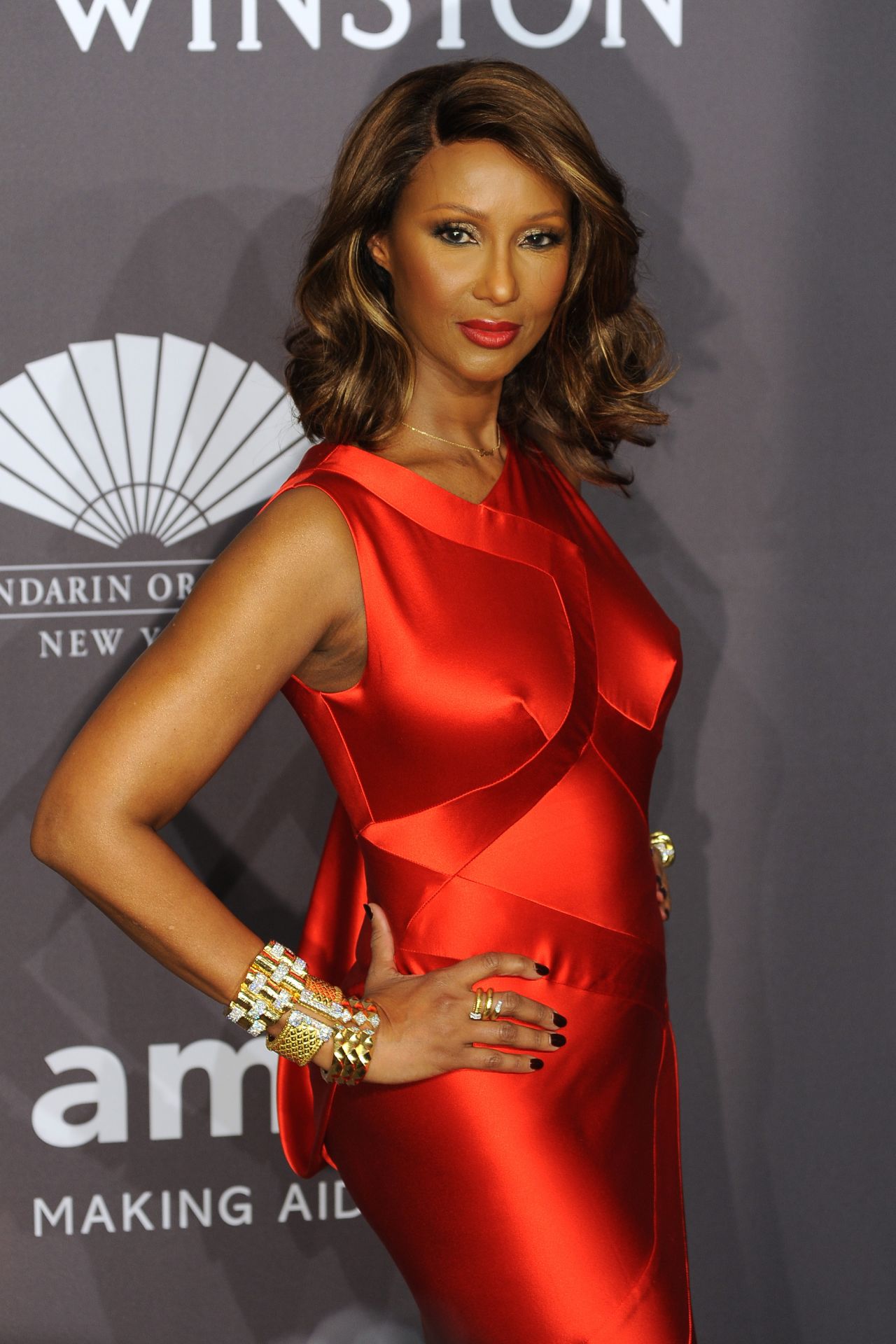As far as the standard Marvel formula goes, I thought they did an awesome job. As always with Marvel films, they can take an average plot and elevate it with a cast you just have no choice but to love. All the supporting cast killed it. Probably in my top 5 of Marvel films, mostly due to, as many have pointed out, Killmonger.
A villain with actual motivation to do something that relates to his character is so much better than the usual "wants to take over the world" type villain most Marvel movies are populated with. I mean-- YES, Killmonger wanted to take over the world, but his motivations and plan were grounded. Makes a huge difference.
On page one people were asking how he could challenge-- notice during the first ritual, all the tribes were offered a chance to challenge, then Zuri said that anyone of the royal family could also challenge-- that's when Shuri raised her hand to make a joke.
As for the politics-- I don't think it was any more heavy handed than any of the Captain America movies (which touch on fascism and a corrupt American government), the running theme of Tony Stark having been a weapons manufacturer, or Magneto's Nazi revenge quest in Days of Future Past. They are using real world drama to make the stories more legit, Marvel has always done this with their comics, so it makes sense it carries over into the films. It's not like T'Challa was the one that wanted to over-throw white countries-- that was the villain. T'Challa's father wanted to hide from the world, Killmonger was radicalized and wanted to strike out against the world-- T'Challa found the middle of the road like a real hero would. THAT'S the take-away theme. Our hero did not support revenge or racism of any sort-- but those things were what gave Killmonger what I think is arguably the best villain backstory in the MCU-- because it made him seem legit.
I will say this, and take away from it what you will. My 12 year old son loved it, and he asked after why Shuri called Ross a Colonizer. I told him that Killmonger was misguided but the things he was mad about actually happened. So, to somebody having lived in a country that was secure and untouched by British colonization, seeing a white person, especially a shifty CIA agent, may not be not be their favorite thing. He got it, and didn't think it was racist or wrong. He thought about it from her point of view and got it.
The only other thought I have is that I wish Angela Bassett hadn't played T'Challa's mother if only because when the MCU acquires and reboots the X-Men someday, I still want her to be Storm... like I have pretty much for the last 25 years.
A villain with actual motivation to do something that relates to his character is so much better than the usual "wants to take over the world" type villain most Marvel movies are populated with. I mean-- YES, Killmonger wanted to take over the world, but his motivations and plan were grounded. Makes a huge difference.
On page one people were asking how he could challenge-- notice during the first ritual, all the tribes were offered a chance to challenge, then Zuri said that anyone of the royal family could also challenge-- that's when Shuri raised her hand to make a joke.
As for the politics-- I don't think it was any more heavy handed than any of the Captain America movies (which touch on fascism and a corrupt American government), the running theme of Tony Stark having been a weapons manufacturer, or Magneto's Nazi revenge quest in Days of Future Past. They are using real world drama to make the stories more legit, Marvel has always done this with their comics, so it makes sense it carries over into the films. It's not like T'Challa was the one that wanted to over-throw white countries-- that was the villain. T'Challa's father wanted to hide from the world, Killmonger was radicalized and wanted to strike out against the world-- T'Challa found the middle of the road like a real hero would. THAT'S the take-away theme. Our hero did not support revenge or racism of any sort-- but those things were what gave Killmonger what I think is arguably the best villain backstory in the MCU-- because it made him seem legit.
I will say this, and take away from it what you will. My 12 year old son loved it, and he asked after why Shuri called Ross a Colonizer. I told him that Killmonger was misguided but the things he was mad about actually happened. So, to somebody having lived in a country that was secure and untouched by British colonization, seeing a white person, especially a shifty CIA agent, may not be not be their favorite thing. He got it, and didn't think it was racist or wrong. He thought about it from her point of view and got it.
The only other thought I have is that I wish Angela Bassett hadn't played T'Challa's mother if only because when the MCU acquires and reboots the X-Men someday, I still want her to be Storm... like I have pretty much for the last 25 years.
Last edited:

